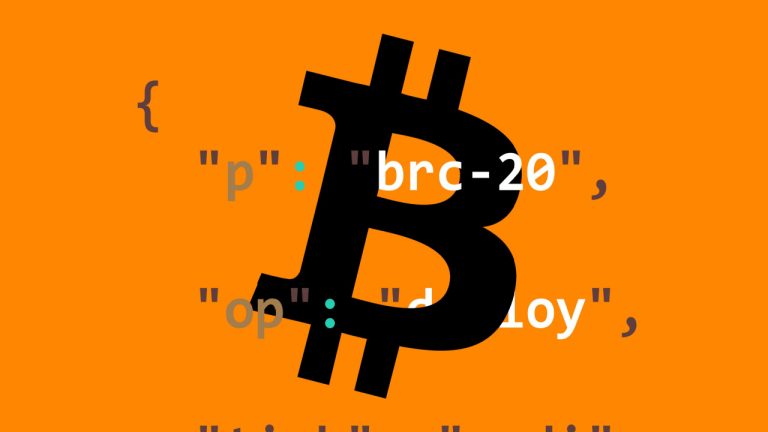
A new report details how Ordinals and other layer-two innovations can reshape Bitcoin’s role in the digital economy, moving it beyond just a store of value.
New Report Outlines How Bitcoin Can Evolve to a Multi-Layered Ecosystem
The “Bitcoin Layers” report, produced by the Singapore-based web3 investment firm Spartan Group, provides an insightful look into the potential future of Bitcoin.
The report points out that bitcoin’s market capitalization, now exceeding $850 billion, has a significant portion of capital that remains underutilized due to challenges in programmability, scalability, and community alignment. It posits that Bitcoin can evolve beyond a mere store of value, transitioning into a foundational platform for a trustless financial system.
A key development in this transformation is the introduction of Ordinals, which is causing a cultural shift in the Bitcoin ecosystem. Ordinals are extending Bitcoin’s use beyond its traditional role as a store of value, which is creating a surge in interest in what is sometimes criticized as an ossified digital asset.
Another crucial aspect of Bitcoin’s evolution is the emergence of strategic layer-two solutions. These solutions address Bitcoin’s inherent limitations by enhancing functionalities such as programmability and transaction speeds, both of which are essential for scalability and overall growth. In fact, layer-two solutions are important for Bitcoin’s future, the report claims.
With these ongoing developments, bitcoin is increasingly attracting institutional interest and investment, a trend likely to accelerate with the anticipated 2024 halving event.
The ecosystem is experiencing a surge in new projects and technologies, indicating a hotbed of innovation and potential for growth. The report observes that auxiliary networks within the Bitcoin ecosystem are taking cues from Ethereum’s architecture, leading to a likely increase in demand for Bitcoin block space.
Bitcoin’s layer-two networks, while still nascent compared to those on other blockchains, are showing promising growth. Developments like the Ordinals protocol and the BRC-20 token standard signify a revival in Bitcoin’s builder culture. The report identifies four major layer-2 projects: Lightning Network, Stacks, Liquid, and Rootstock, known as the “Big Four.” These projects are at the forefront of introducing functionalities such as smart contracts and faster transaction speeds to Bitcoin.
In addition to the “Big Four,” there are other innovative projects within the Bitcoin ecosystem. For instance, Ark focuses on off-chain low-cost payments, while Interlay is developing a network between Bitcoin and multi-chain ecosystems. Interlay recently created a decentralized Bitcoin bridge with a 1:1 bitcoin-backed asset.
The report paints an optimistic future for Bitcoin. It emphasizes the significance of recent developments, such as the listing of ETFs in the U.S. and the upcoming halving event, in inspiring new use cases for Bitcoin. These advancements, together with the growing layer-2 ecosystem, are poised to further boost Bitcoin’s adoption and cement its status as a multifaceted financial platform.
Will Bitcoin become a multi-layered financial system? Share your thoughts and opinions about this subject in the comments section below.








